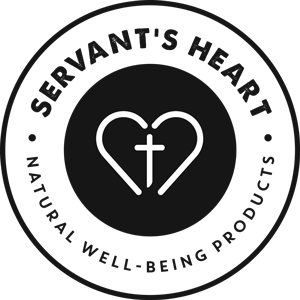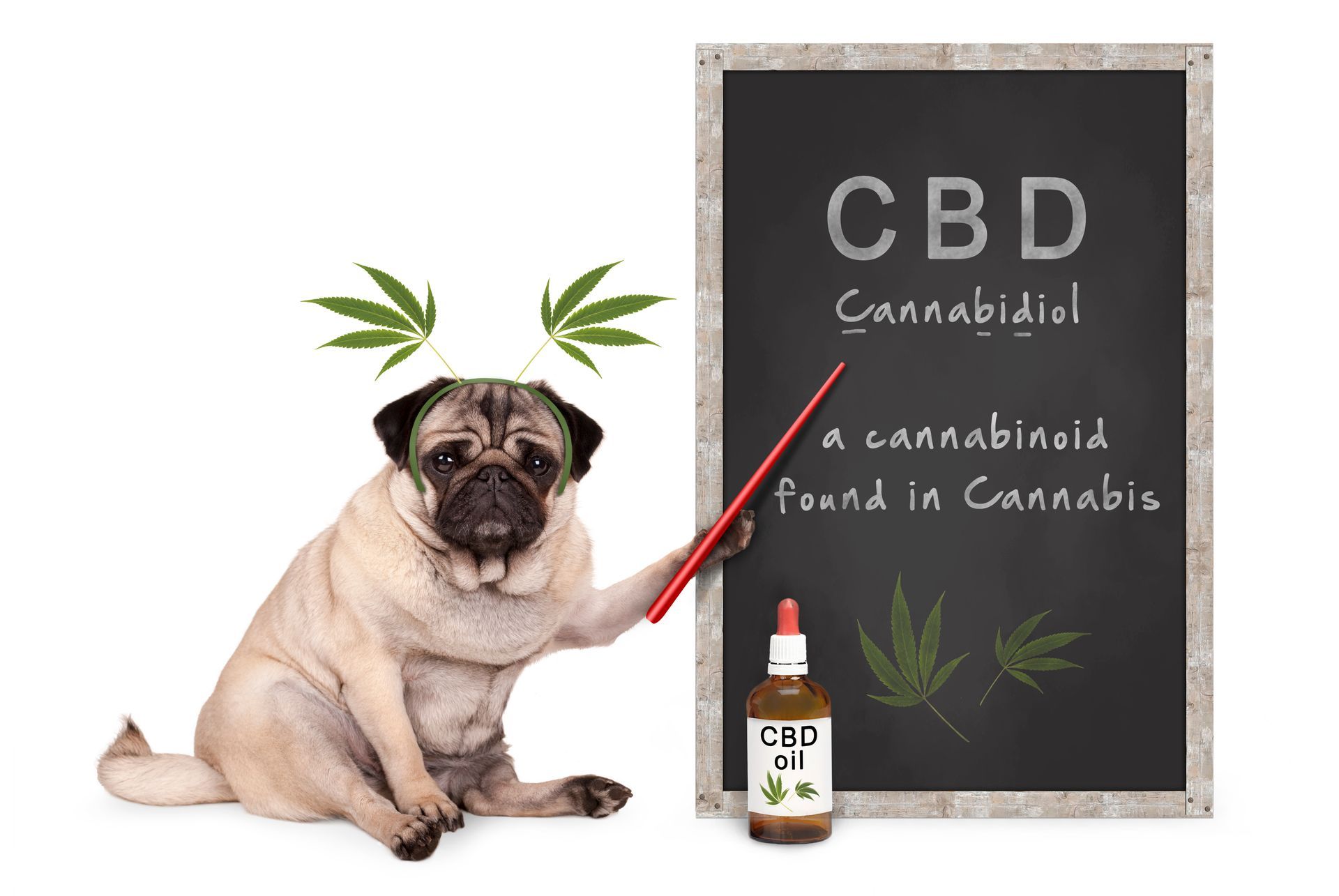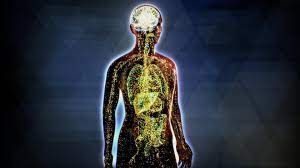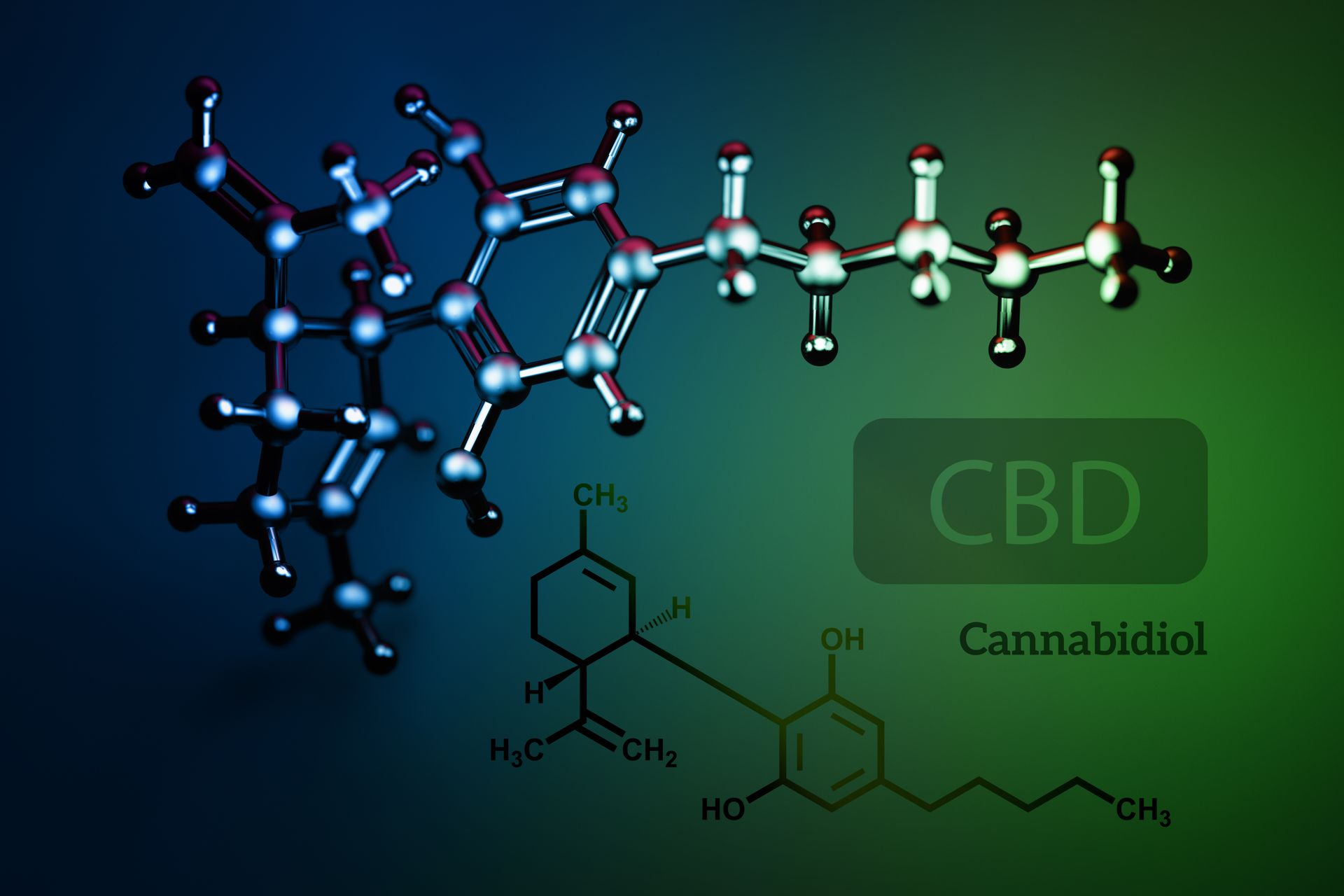What is CBN and How is it Different from CBD?
Unite CBD and CBN for an Enhanced Entourage Effect
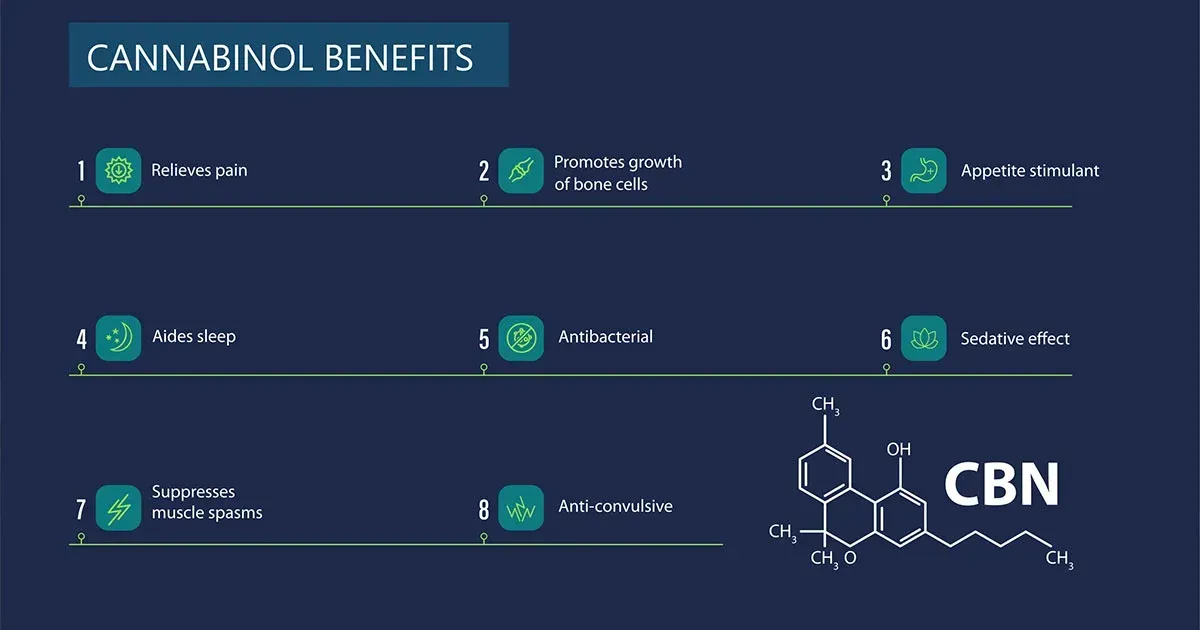
What is CBN and How is it Different from CBD?
Introduction
In recent years, the spotlight on the potential therapeutic benefits of cannabinoids found in the cannabis plant has intensified. Among these cannabinoids, cannabidiol (CBD) and cannabinol (CBN) have emerged as subjects of interest due to their purported medicinal properties. While CBD and CBN share some similarities, they also exhibit distinct effects on the human body. This comprehensive guide aims to delve into the intricacies of CBD and CBN, exploring their potential benefits, uses, risks, and modes of consumption.
Understanding Cannabinoids: CBD and CBN
Before delving into the specific benefits and uses of CBD and CBN, it is essential to understand their origins and chemical compositions. CBD and CBN are among the more than 100 cannabinoids found in the cannabis plant. Unlike tetrahydrocannabinol (THC), which is renowned for its psychoactive effects, CBD and CBN are non-psychoactive compounds. This distinction makes them attractive options for individuals seeking therapeutic relief without experiencing mind-altering effects.
Differentiating CBD and CBN
While CBD and CBN interact with the body's cannabinoid receptors, they elicit distinct physiological responses. CBD, primarily derived from hemp plants, has gained widespread popularity for its purported medicinal benefits. On the other hand, CBN, though less prevalent and studied, shows promise in areas such as sleep regulation and pain management.
Exploring the Potential Benefits of CBD
CBD has garnered significant attention in the medical community for its potential therapeutic properties. While scientific research is ongoing, preliminary evidence suggests several potential benefits of CBD consumption.
Seizure Management
One of the most well-documented benefits of CBD is its efficacy in managing certain seizure disorders, particularly in pediatric patients. Conditions such as Dravet syndrome, Lennox-Gastaut syndrome, and tuberous sclerosis complex have shown positive responses to CBD treatment, leading to the FDA approval of Epidiolex, the first CBD-based medication.
Pain Relief and Inflammation Reduction
CBD exhibits anti-inflammatory properties, making it a promising candidate for managing chronic pain conditions such as arthritis. Additionally, anecdotal evidence suggests that CBD may alleviate neuropathic pain and improve overall pain tolerance.
Anxiety and Mental Health Disorders
Preliminary studies suggest that CBD may offer relief from anxiety-related disorders such as generalized anxiety disorder (GAD), social anxiety disorder (SAD), and post-traumatic stress disorder (PTSD). However, further research is needed to elucidate CBD's mechanisms of action in managing these conditions.
Unveiling the Potential Uses of CBN
While CBN remains less studied compared to CBD, emerging research suggests several potential applications for this cannabinoid.
Sleep Aid
CBN has demonstrated sedative properties, indicating its potential as a natural sleep aid. Individuals struggling with insomnia or sleep disturbances may benefit from CBN supplementation, although additional clinical studies are warranted to validate its efficacy.
Pain Management
Preliminary animal studies suggest that CBN may possess analgesic properties, offering relief from conditions such as fibromyalgia and chronic muscle pain. Moreover, synergistic effects observed when combining CBD and CBN hint at enhanced pain relief capabilities.
Neuroprotective Effects
Early research indicates that CBN may exert neuroprotective effects, potentially delaying the onset or progression of neurodegenerative diseases such as amyotrophic lateral sclerosis (ALS). However, more comprehensive studies are necessary to substantiate these findings.
Modes of Consumption: CBD and CBN Products
Both CBD and CBN are available in various formulations to accommodate diverse consumer preferences and needs.
CBD Products
CBD is readily available in numerous oral and topical formulations, including:
- Gummies
- Edibles
- Pills
- Patches
- Topical/Creams
- Oils
- Tinctures
- Lotions
- Shampoos
- Vape pens
CBN Products
While less prevalent, CBN can be found in several forms, including:
- Gummies
- Topical/Creams
- Oils
- Tinctures
- Capsules
- Disposable vape pens
- Tea bags
- CBN isolate
Understanding Risks and Side Effects
Despite their potential therapeutic benefits, both CBD and CBN carry risks and potential side effects that warrant consideration.
Risks Associated with CBD
- Inaccurate Product Labeling: Studies have revealed discrepancies between labeled and actual CBD content in products, raising concerns about quality control and dosage accuracy.
- Interaction with Prescription Drugs: CBD may interact with certain medications, leading to adverse effects or reduced efficacy. It is essential to consult with a healthcare professional before combining CBD with prescription drugs.
- Legal Ambiguity: While hemp-derived CBD is legal in many jurisdictions, the legal status of CBD products varies, contributing to regulatory challenges and consumer confusion.
Potential Side Effects of CBD
- Dry Mouth: CBD consumption may lead to dry mouth or increased thirst.
- Gastrointestinal Disturbances: Some individuals may experience diarrhea or reduced appetite after CBD ingestion.
- Drowsiness and Fatigue: CBD's sedative properties can induce drowsiness and fatigue, particularly at higher doses.
- Liver Injury: Rare cases of liver injury associated with CBD use have been reported, emphasizing the importance of monitoring liver function in individuals using CBD regularly.
Safety Considerations for CBN
While CBN appears to have a favorable safety profile, limited research hinders a comprehensive understanding of its potential side effects and long-term impacts. As with any cannabinoid product, caution should be exercised, and adverse reactions should be promptly reported to healthcare providers.
Conclusion
In conclusion, CBD and CBN represent promising avenues for addressing various health conditions and enhancing overall well-being. While scientific evidence supporting their therapeutic potential continues to accumulate, gaps in knowledge persist, necessitating further research and clinical studies. Individuals considering CBD or CBN supplementation should prioritize safety, consult healthcare professionals, and seek products with accurate labeling and transparent manufacturing practices. By harnessing the potential benefits of cannabinoids responsibly, individuals can unlock new possibilities for holistic health and wellness.
Servant's Heart Natural Well-Being Products
Please visit Servant's Heart's website for THC-free, all-natural, affordable, high quality, and potent CBD/CBG/CBN products, including gummies and topical.
Additional CBN Resources:
https://www.webmd.com/pain-management/cbd-cbn-what-is-difference
https://www.forbes.com/health/cbd/what-is-cbn/
https://www.ncbi.nlm.nih.gov/pmc/articles/PMC10450062/
https://www.sleepfoundation.org/sleep-aids/cbn-for-sleep
https://www.crescolabs.com/cannabinoids/cbn/
https://www.forbes.com/health/cbd/cbd-vs-cbn/
https://www.sciencedirect.com/topics/medicine-and-dentistry/cannabinol
https://en.wikipedia.org/wiki/Cannabinol
https://www.cbdmd.com/blogs/posts/what-is-cbn-how-its-different-from-cbd
https://neurogan.com/blogs/news/what-is-cbn
https://www.healthline.com/health/cbd-vs-cbn
https://www.seattlemet.com/discover/cbd/what-is-cbn/
https://www.choosingtherapy.com/cbn/
https://cannovia.com/what-is-cbn-benefits/
https://www.medicalnewstoday.com/articles/cbd-vs-cbn
https://zebracbd.com/blogs/cbd-education/cbn-compare-cbd-thc
https://www.shape.com/lifestyle/mind-and-body/what-is-cbn-cannabinol
https://slumbercbn.com/pages/what-is-cbn-everything-you-need-to-know
https://www.goodrx.com/well-being/alternative-treatments/cbd-vs-cbn
https://pubmed.ncbi.nlm.nih.gov/32445358/
https://pubmed.ncbi.nlm.nih.gov/16402100
https://pubmed.ncbi.nlm.nih.gov/9379442
https://pubmed.ncbi.nlm.nih.gov/34468204
https://pubmed.ncbi.nlm.nih.gov/26870049
https://pubmed.ncbi.nlm.nih.gov/27554802
https://pubmed.ncbi.nlm.nih.gov/34838836
https://pubmed.ncbi.nlm.nih.gov/30697147
https://pubmed.ncbi.nlm.nih.gov/35093949
https://pubmed.ncbi.nlm.nih.gov/33356248
https://pubmed.ncbi.nlm.nih.gov/36291926
https://pubmed.ncbi.nlm.nih.gov/31263468
https://pubmed.ncbi.nlm.nih.gov/15100161
https://www.ncbi.nlm.nih.gov/pmc/articles/PMC8612407
https://www.ncbi.nlm.nih.gov/pmc/articles/PMC4740396
https://www.ncbi.nlm.nih.gov/pmc/articles/PMC6670541/
https://www.ncbi.nlm.nih.gov/pmc/articles/PMC7069528/
https://www.sciencedirect.com/topics/immunology-and-microbiology/lymphocytes
https://www.sciencedirect.com/science/article/abs/pii/0024320574900095
https://www.sciencedirect.com/science/article/abs/pii/S0003996919302249
https://www.health.harvard.edu/blog/the-endocannabinoid-system-essential-and-mysterious-202108112569
https://api.semanticscholar.org/CorpusID:3460960
https://www.ncbi.nlm.nih.gov/pmc/articles/PMC3165951/
https://www.ncbi.nlm.nih.gov/pmc/articles/PMC7023045/

